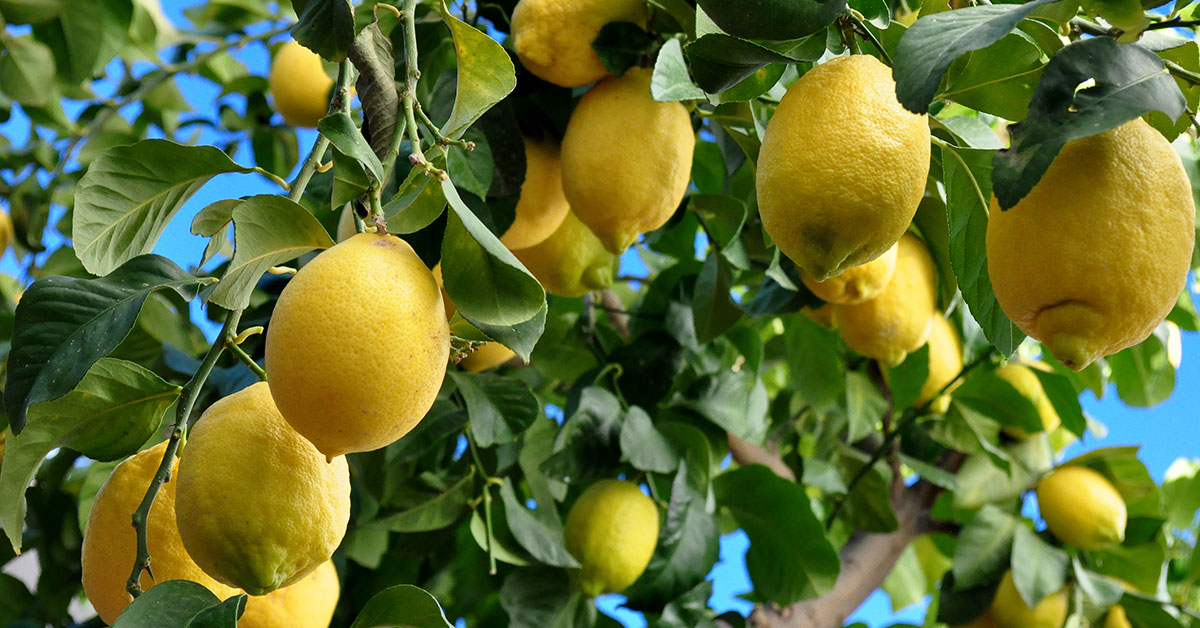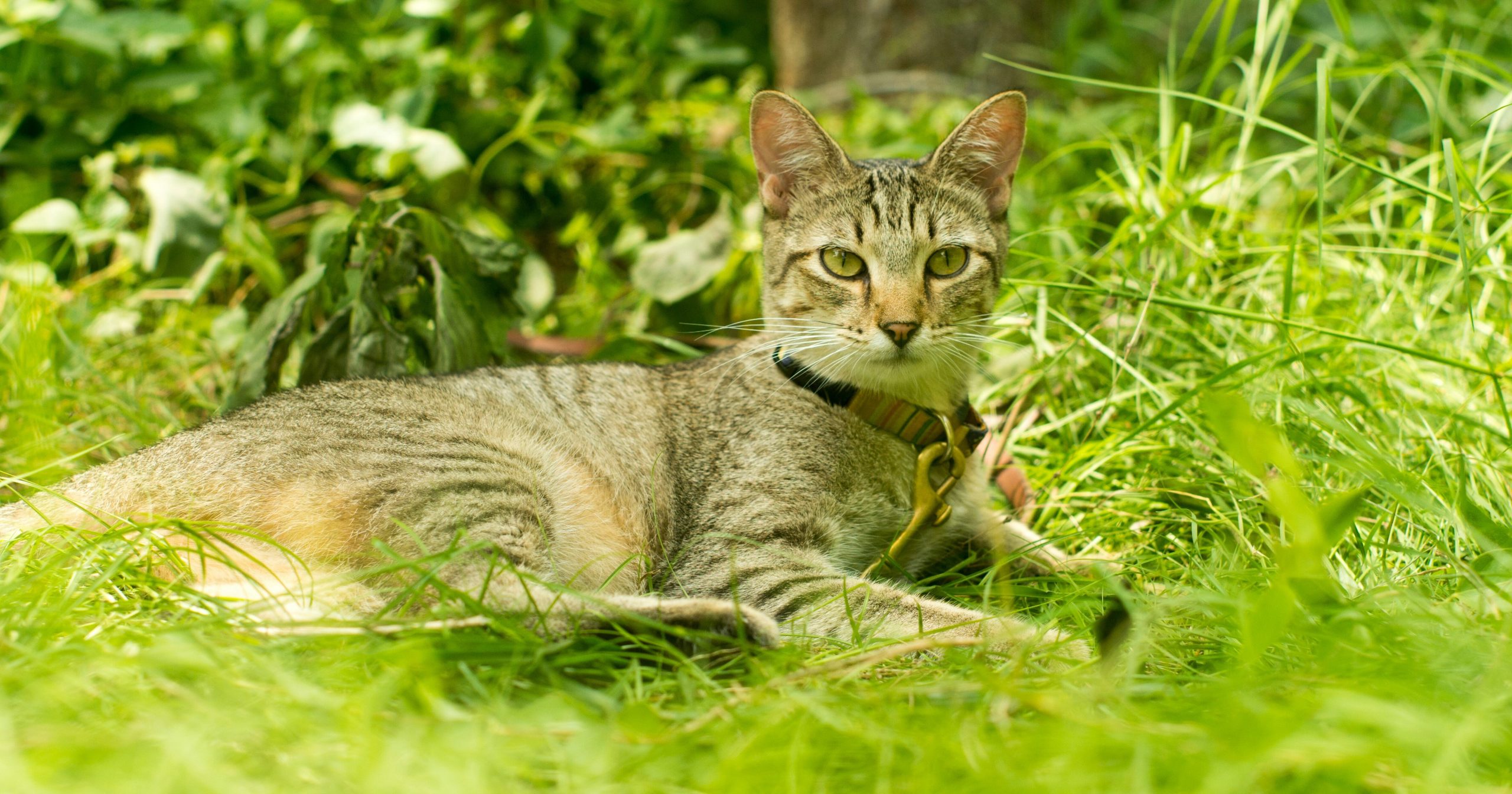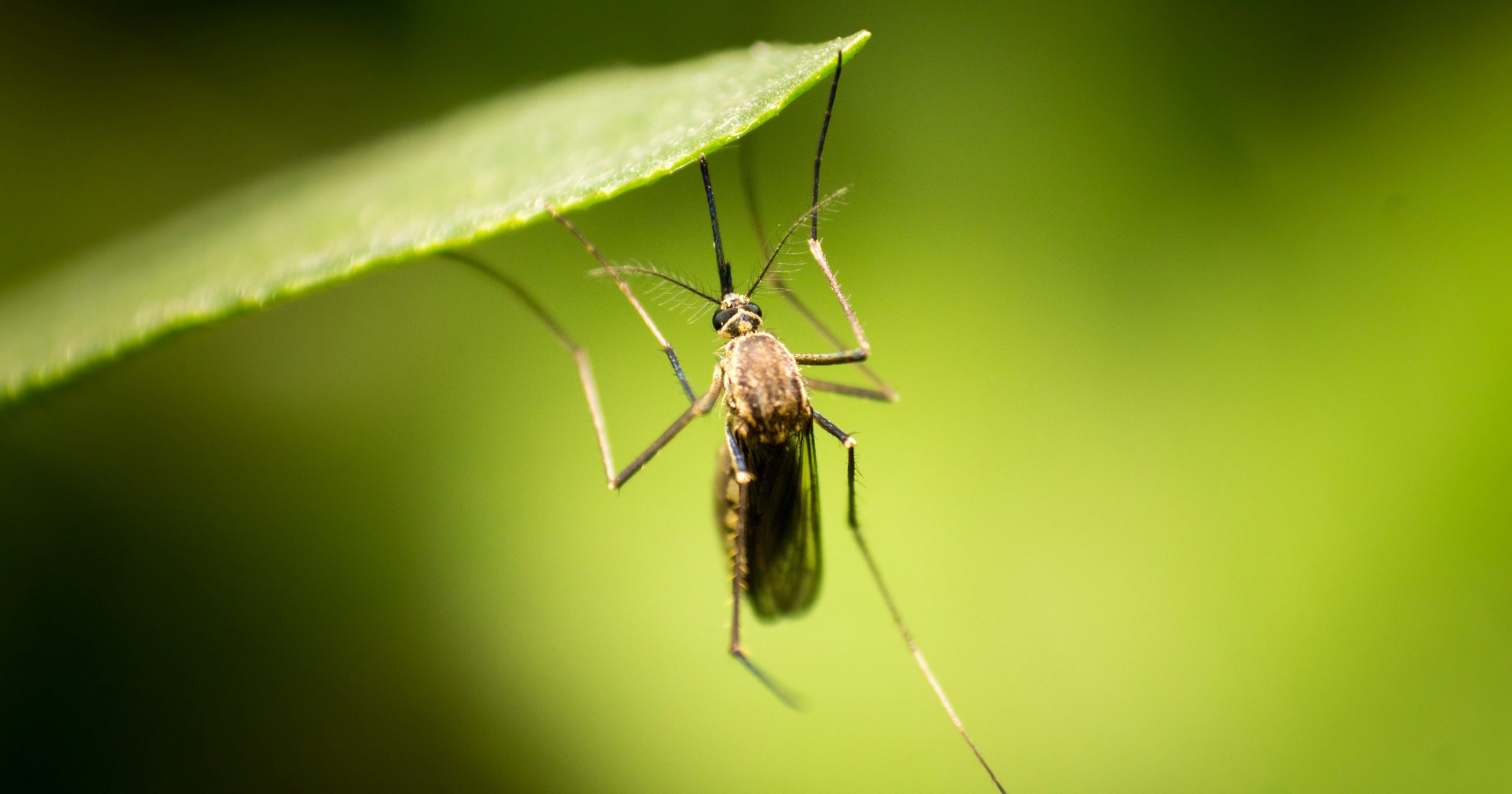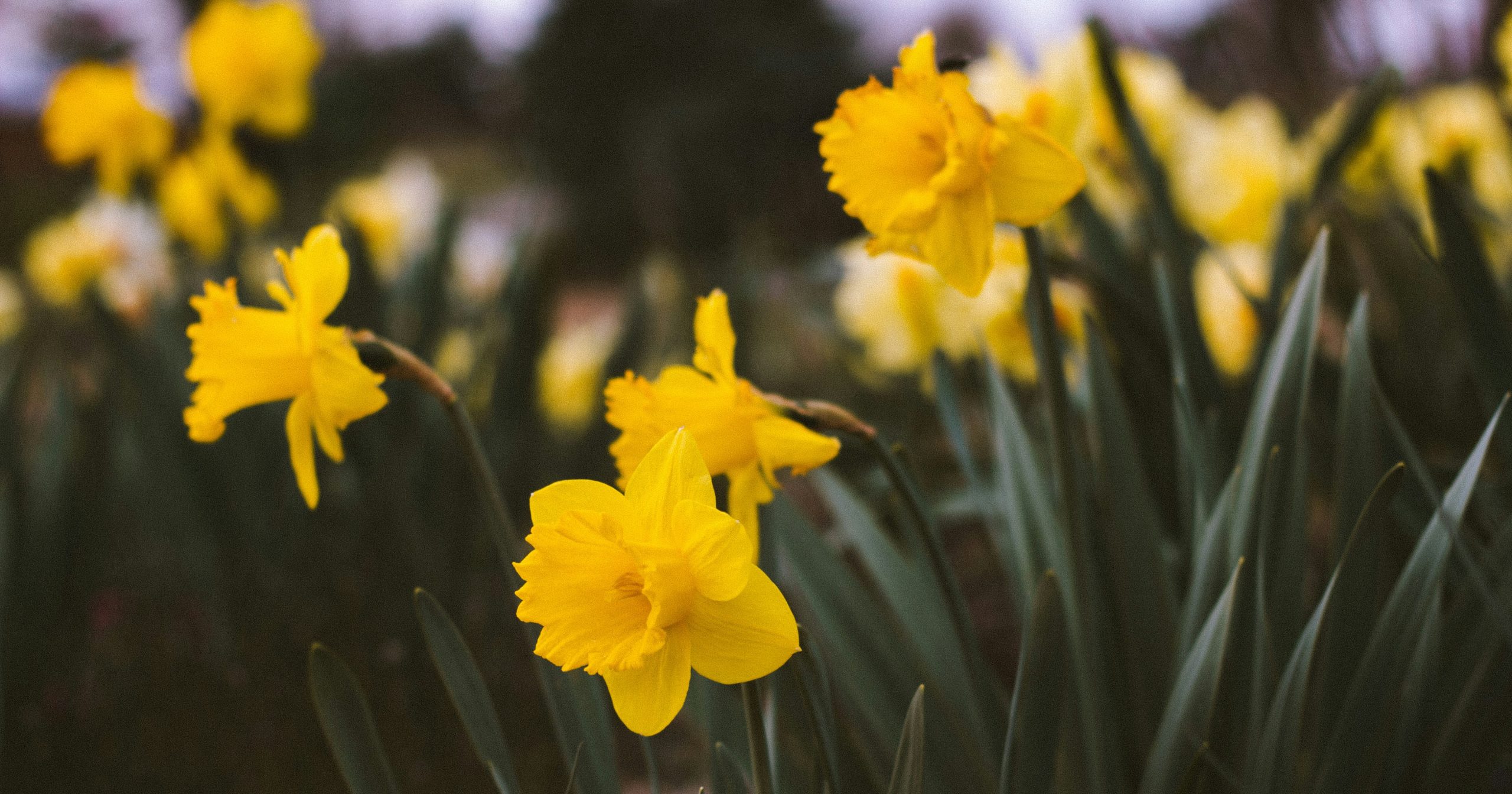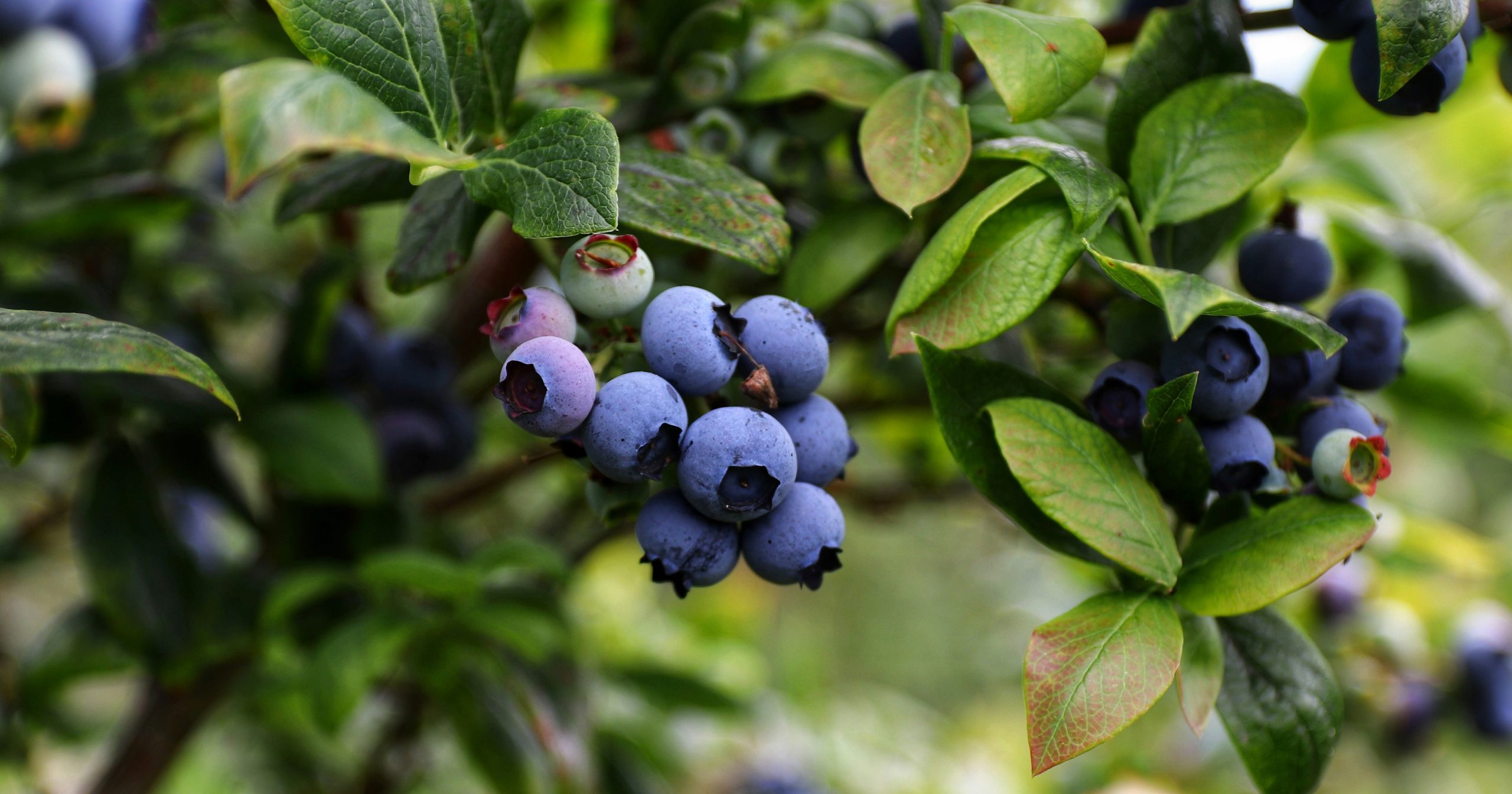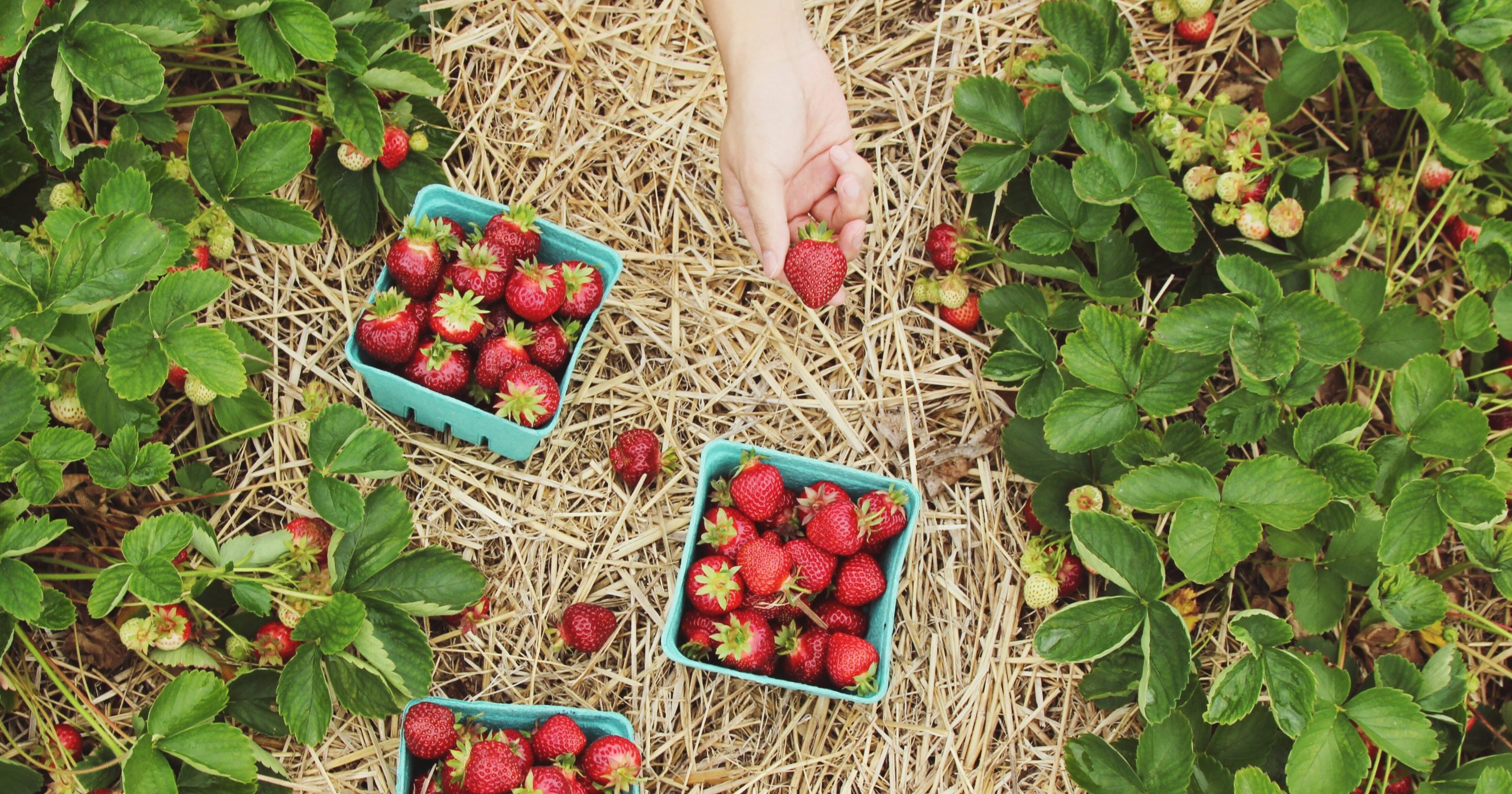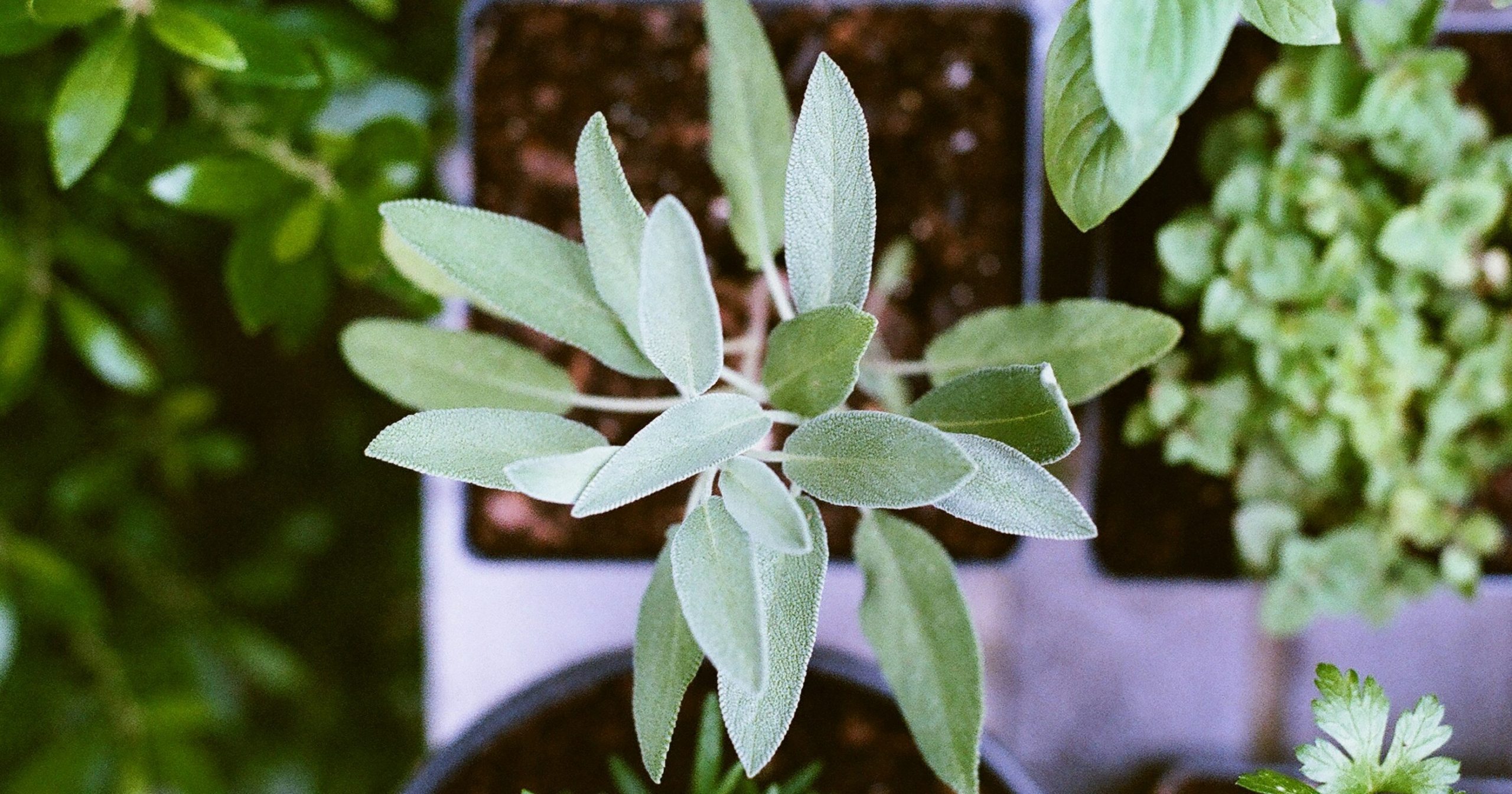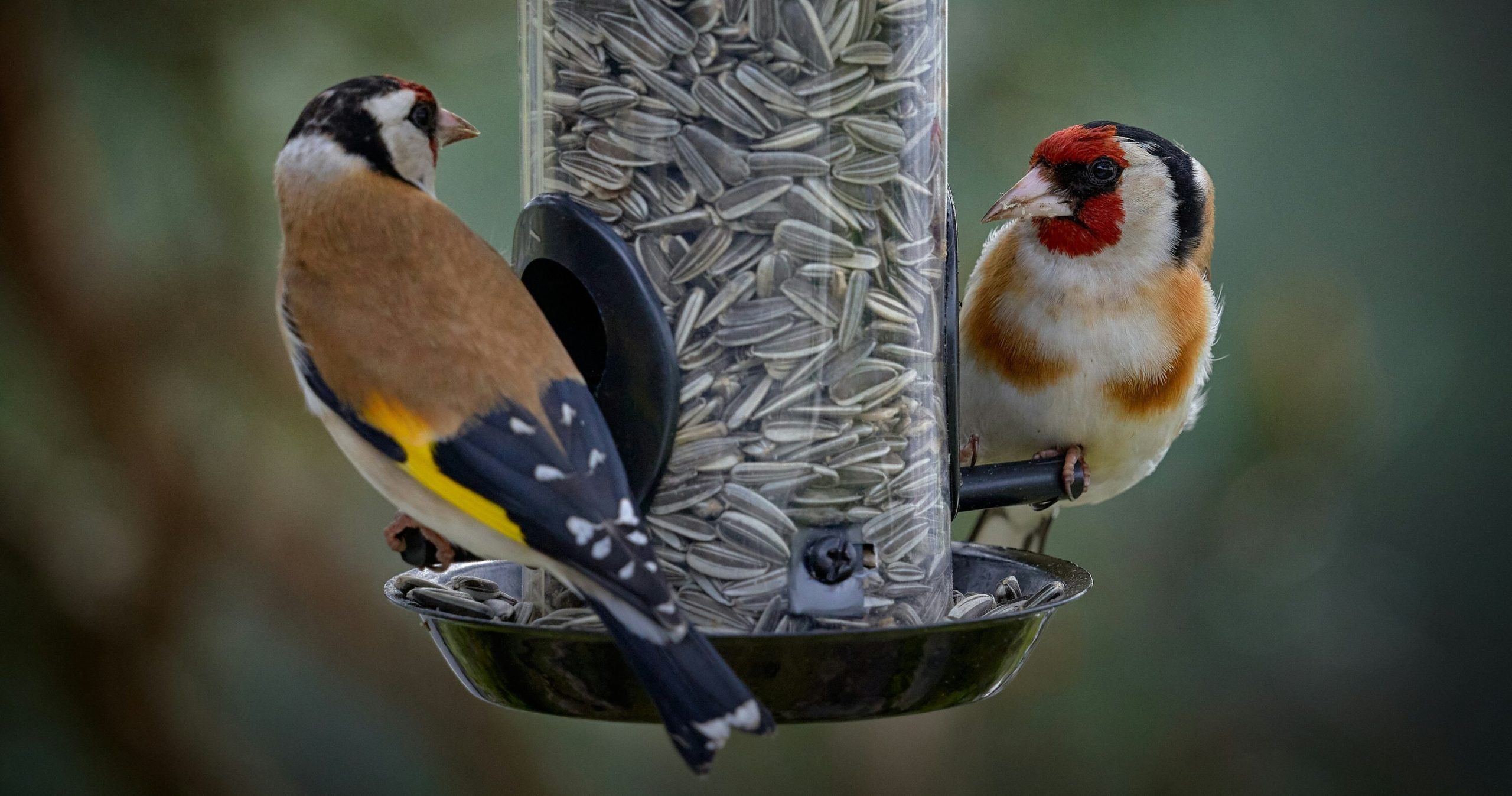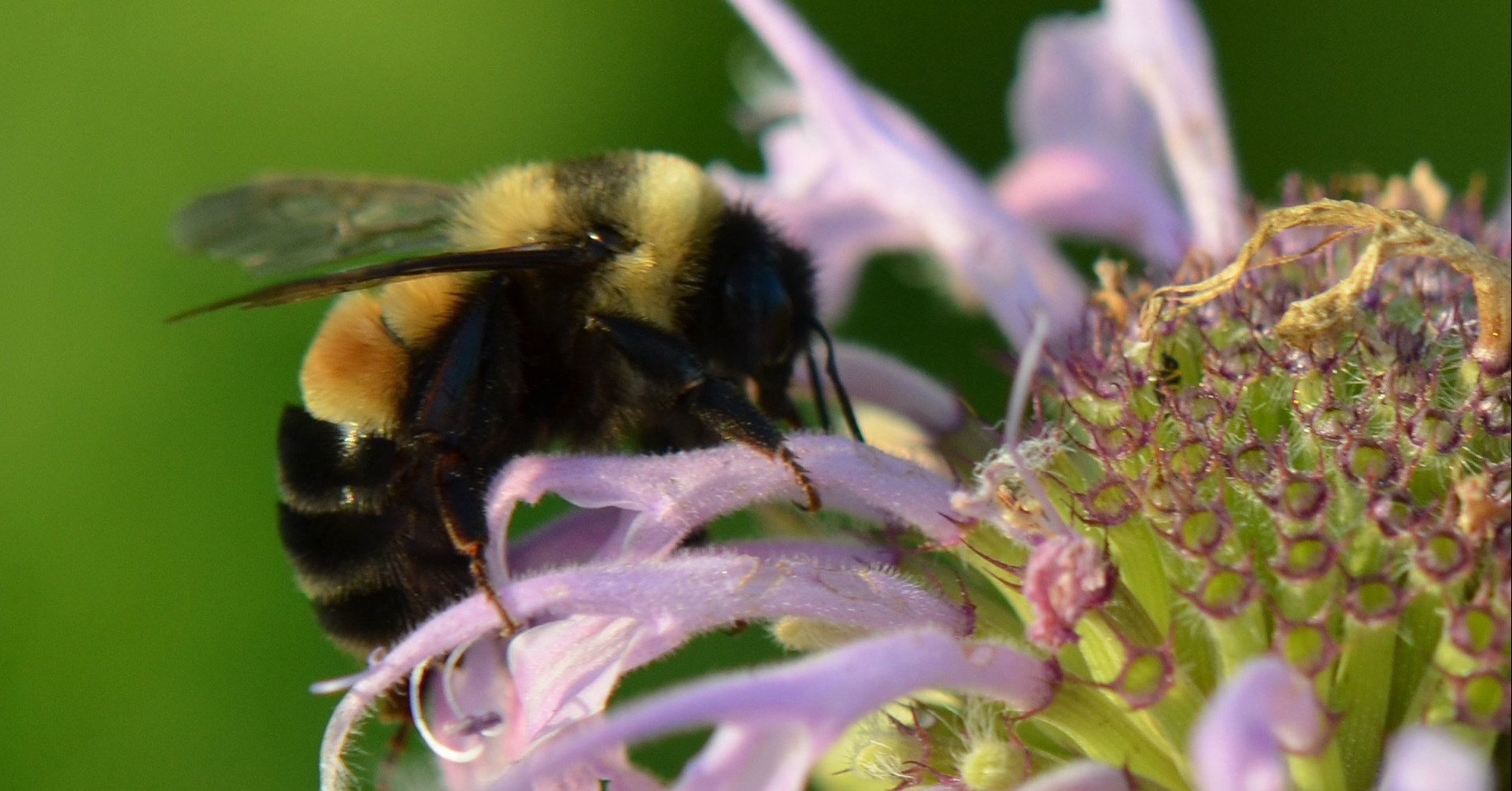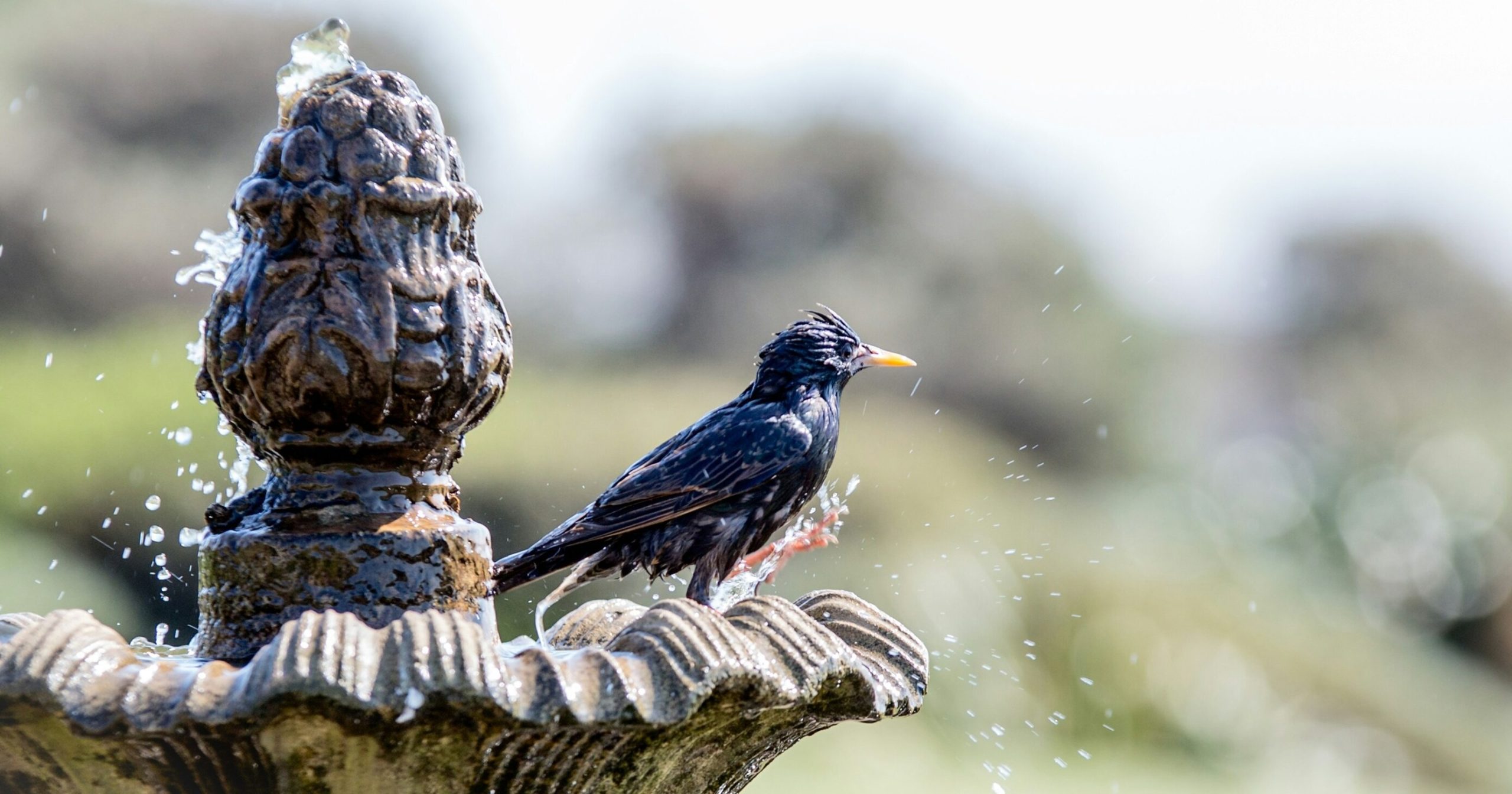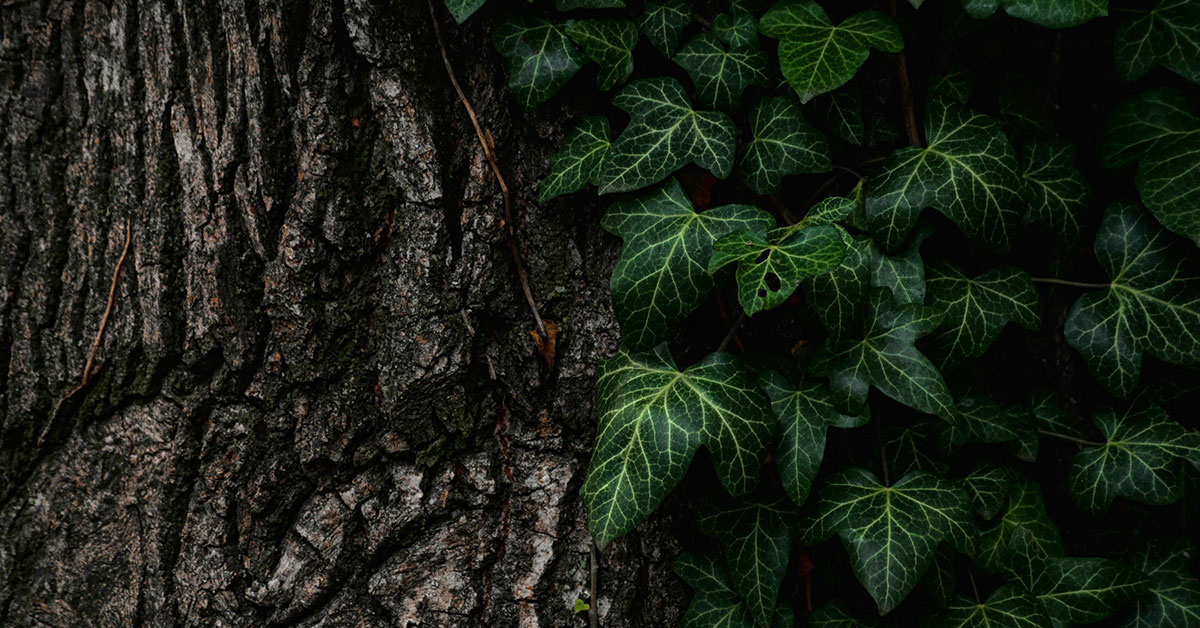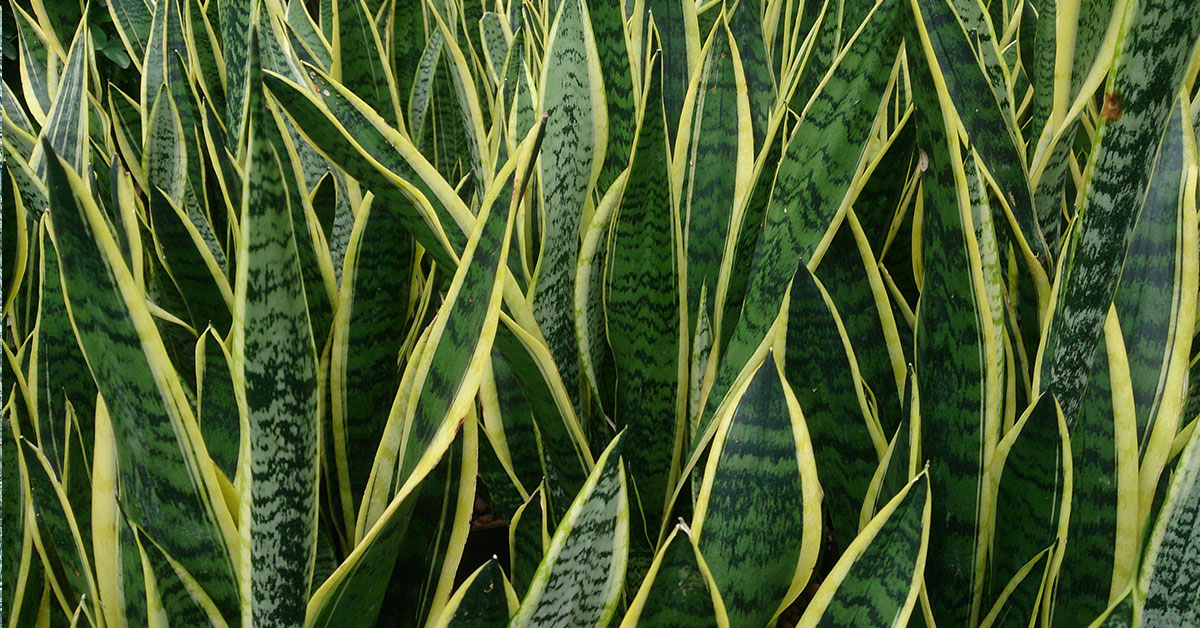Welcome to the world of citrus gardening! If you are fortunate enough to reside in Zone 12, where the sun shines brightly and the temperatures remain consistently warm, you have the perfect conditions for growing lemon trees. With their vibrant green foliage, fragrant blossoms, and juicy fruits, lemon trees can be a delightful addition to any garden or patio. However, timing is crucial when it comes to planting lemon trees in Zone 12.
In this article, we will explore the optimal time to plant lemon trees in this specific zone, ensuring that you have all the information you need to embark on a successful lemon-growing journey. So, grab your gardening gloves and let’s dive into the world of lemon tree cultivation in Zone 12!
Best lemon tree varieties to grow in Zone 12
In Zone 12, which is characterized by warm temperatures and a long growing season, several lemon tree varieties thrive. Here are a few lemon tree varieties that are well-suited for Zone 12:
- Eureka Lemon (Citrus limon ‘Eureka’): This is one of the most common lemon tree varieties. It produces medium-sized, juicy, and acidic lemons. Eureka lemon trees are highly productive and can be grown in containers or in the ground.
- Lisbon Lemon (Citrus limon ‘Lisbon’): Similar to the Eureka lemon, Lisbon lemon trees are also highly productive and produce acidic and juicy lemons. They are slightly thorny and can tolerate a wide range of soil conditions.
- Meyer Lemon (Citrus × meyeri): Meyer lemons are a popular choice for home gardeners due to their sweeter flavor and thin skin. They are smaller in size compared to Eureka and Lisbon lemons. Meyer lemon trees are also well-suited for container gardening.
- Ponderosa Lemon (Citrus limon ‘Ponderosa’): Ponderosa lemons are known for their large size and thick-skinned fruits. They have a unique flavor that is less acidic compared to other lemon varieties. Ponderosa lemon trees can grow quite large, so they require ample space to thrive.
- Variegated Pink Lemon (Citrus limon ‘Eureka Variegated Pink’): This lemon variety stands out with its variegated foliage and pink flesh. The fruits have a tangy flavor and are visually appealing. Variegated Pink Lemon trees can be grown in containers or in the ground.
Remember to provide your lemon trees with well-draining soil, regular watering, and ample sunlight to ensure healthy growth and fruit production.
When to plant lemon trees in Zone 12
In Zone 12, which is characterized by warm and tropical climates, the best time to plant lemon trees is during the cooler months of the year. This typically means planting them in the late fall or early winter when temperatures are milder and more favorable for root establishment.
Planting during this time allows the lemon tree to establish its root system before the onset of the hot and dry season, which can be stressful for young plants. It also gives the tree a head start in terms of growth, so it can better withstand the heat and drought conditions that are common in Zone 12.
When planting a lemon tree in Zone 12, it is important to choose a location that receives full sun for at least 6-8 hours a day. Lemon trees thrive in warm, sunny conditions and require ample sunlight to produce healthy fruit.
Before planting, prepare the soil by incorporating organic matter such as compost or well-rotted manure. This helps improve soil fertility, drainage, and moisture retention. Lemon trees prefer slightly acidic soil with a pH range of 5.5 to 6.5.
When planting, dig a hole that is slightly wider and deeper than the root ball of the lemon tree. Gently remove the tree from its container, being careful not to damage the roots, and place it in the hole. Backfill the hole with the amended soil, firming it gently around the roots.
After planting, water the lemon tree thoroughly to settle the soil and ensure good root-to-soil contact. Provide regular watering throughout the first year, especially during dry periods, to help the tree establish itself.
Mulching around the base of the tree with organic materials like wood chips or straw can help conserve moisture, suppress weeds, and regulate soil temperature.
In Zone 12, it is also important to protect young lemon trees from potential frost or cold snaps during the winter months. Covering the tree with a frost cloth or using other protective measures can help prevent damage to the foliage and fruit.
By planting lemon trees in the cooler months of Zone 12 and providing them with the right conditions and care, you can increase their chances of successful establishment and healthy growth.
How to grow lemon trees in Zone 12
Growing lemon trees requires careful attention to several steps and considerations. Here is a guide to help you successfully grow lemon trees:
- Lemon trees thrive in warm climates with temperatures between 70-85°F (21-29°C).
- They need at least 8-12 hours of direct sunlight daily.
- Choose a location with well-draining soil to prevent waterlogging.
- Select a lemon variety suitable for your climate and available space.
- Popular varieties include Eureka, Lisbon, Meyer, and Ponderosa.
- Lemon trees prefer slightly acidic soil with a pH level between 5.5-6.5.
- Amend the soil with organic matter like compost or well-rotted manure to improve drainage and fertility.
- Dig a hole twice as wide and deep as the root ball.
- Place the tree in the hole, ensuring the bud union (the swollen area where the tree was grafted onto rootstock) is above the soil level.
- Backfill the hole with soil, gently firming it around the roots.
- Water thoroughly after planting.
- Lemon trees need regular watering, especially during the first year.
- Water deeply, allowing the soil to dry out slightly between waterings.
- Avoid overwatering, as it can lead to root rot.
- Apply a balanced citrus fertilizer according to the package instructions.
- Fertilize in early spring, mid-summer, and early fall.
- Avoid excessive nitrogen, as it can promote leaf growth at the expense of fruit production.
- Prune lemon trees to maintain shape, remove dead or diseased branches, and improve airflow.
- Prune in late winter or early spring before new growth begins.
- Monitor for common citrus pests like aphids, scale insects, and citrus leaf miners.
- Use organic pest control methods or insecticidal soaps if necessary.
- Watch for signs of diseases like citrus canker, citrus greening, or root rot, and take appropriate action.
- Lemons typically take 6-12 months to ripen, depending on the variety.
- Harvest when the fruits are fully colored and slightly soft to the touch.
- Cut or twist the fruit off the tree, being careful not to damage the branches.
Remember, growing lemon trees requires patience and consistent care. With proper attention to these steps and considerations, you can enjoy a bountiful harvest of delicious lemons.
When to harvest lemons in Zone 12
In Zone 12, which is a tropical climate, lemon trees can produce fruit year-round. However, the peak season for picking lemons is typically from late winter to early spring. During this time, the fruit is fully ripe and has the best flavor. It’s important to monitor the color and size of the lemons to determine if they are ready for picking. Mature lemons will have a bright yellow color and a firm texture. Additionally, you can also check the taste by sampling a few lemons from different branches before harvesting the entire crop.
Common lemon tree problems and fixes
Common problems when growing lemon trees include:
- Lack of sunlight: Lemon trees require at least 8-12 hours of direct sunlight daily. If your tree is not receiving enough sunlight, consider pruning nearby trees or relocating the lemon tree to a sunnier spot.
- Improper watering: Overwatering or underwatering can cause issues. Ensure that the soil is well-drained and water the tree deeply but infrequently, allowing the topsoil to dry out between waterings. Use a moisture meter or stick your finger into the soil to check the moisture level.
- Nutrient deficiencies: Lemon trees require a balanced fertilizer with a higher nitrogen content. A lack of nutrients can result in yellowing leaves or stunted growth. Regularly fertilize your lemon tree with a citrus-specific fertilizer according to the package instructions.
- Pests: Common pests that affect lemon trees include aphids, scale insects, and citrus leaf miners. Monitor your tree regularly and use organic insecticidal soaps or horticultural oils to control infestations. Pruning affected branches can also help manage pests.
- Diseases: Lemon trees can be susceptible to diseases such as citrus canker, root rot, and citrus greening. To prevent diseases, ensure proper drainage, avoid overwatering, and maintain good airflow around the tree. If you notice signs of disease, consult a local gardening expert or extension service for appropriate treatment options.
- Cold sensitivity: Lemon trees are sensitive to cold temperatures and can suffer damage or die if exposed to frost. Protect your lemon tree during cold weather by covering it with a frost cloth or bringing it indoors if possible.
Remember that prevention is key when it comes to maintaining a healthy lemon tree. Regularly inspect your tree for any signs of stress, pests, or diseases, and take appropriate action promptly.
